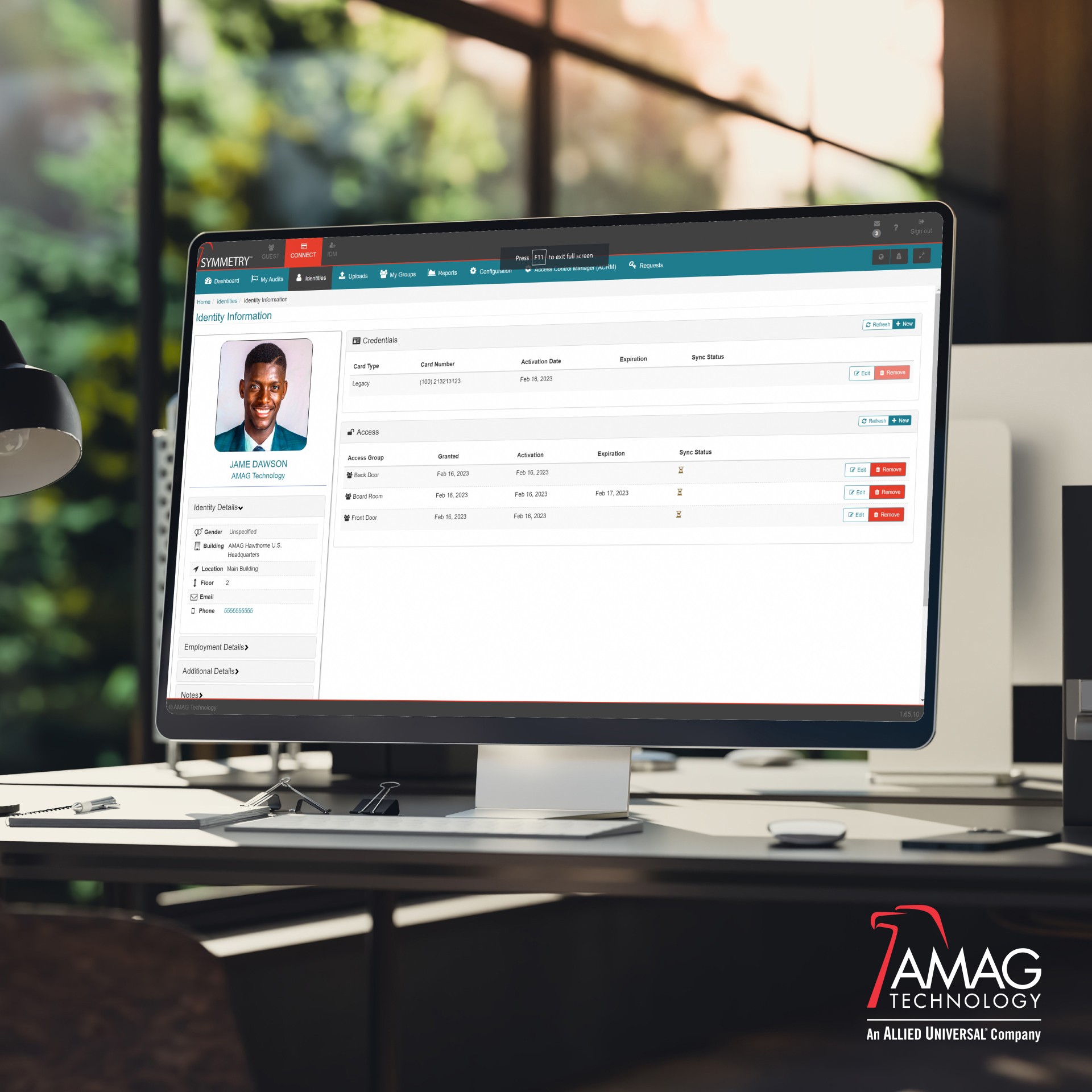Subscriber Exclusive
Few industries face greater challenges than gaming/hospitality. With properties designed to be open and welcoming, security teams must protect guests and assets without compromising the guest experience. At MGM Resorts International, this delicate balance falls under the purview of Joe Doa, Vice President of Corporate Security for Regional Operations.
In this expansive interview with SVIP, Doa provides rare insights into his unconventional career path, MGM's innovative security strategies, and how the hospitality industry is adapting to emerging threats. His perspective reveals how modern corporate security operates at the highest levels of one of the world's premier entertainment companies.
From Valet Parking to Vice President: An Unconventional Security Journey
Doa's career trajectory defies the typical corporate security narrative. What began as a college job parking cars at Amway Hotel Corporation in Michigan evolved into an executive protection opportunity that would shape his professional future.
"I was pursuing federal law enforcement when a chance to work security in hospitality changed everything," Doa recalls. "I discovered that private sector security offered dynamic challenges that matched my interests in both protection and business operations."
His big break came through networking at ASIS International, where a connection led to a role at Chicago's historic Palmer House Hilton. This launched a career that would take him to Hilton's global headquarters before joining MGM Resorts.
Security as Service: MGM's Guest-Centric Approach
One of the most striking aspects of MGM's security philosophy is its emphasis on service. "Our security staff are service ambassadors first," Doa explains. "We track guest service metrics with the same rigor as security KPIs because we know they're interconnected."
This approach manifests in several ways:
- Security personnel receive specialized hospitality training
- Properties compete on guest service scores
- Positive recognition programs reinforce service excellence
The results speak for themselves. "When employees believe they're part of delivering a world-class experience, they take ownership of both security and service," says Doa.
The Hospitality Security Paradox: Open Yet Secure
Doa identifies the fundamental tension in hospitality security: "Our business model depends on being welcoming and accessible, which by definition creates security vulnerabilities."
He outlines three critical challenges:
1. Soft Target Environment
"Unlike government facilities, we can't have armed checkpoints at every entrance. We must find ways to secure open spaces without making guests feel like they're in a high-security zone."
2. Data Security Risks
"Between guest reservations, player databases, and financial systems, we're constantly targeted by sophisticated cyber threats. A breach here impacts millions."
3. Evolving Physical Threats
"From active shooters to protest disruptions, we prepare for scenarios that didn't exist a decade ago."
Technology as a Force Multiplier
MGM's security technology strategy focuses on enhancing human capabilities rather than replacing them.
"Our Global Security Operations Center (GSOC) integrates AI-powered surveillance, weapons detection, and real-time analytics," Doa explains. "But technology only works when paired with trained professionals who can interpret and act on the information."
A dedicated technology committee evaluates emerging solutions, ensuring MGM stays ahead of threats. Recent innovations include:
- Advanced facial recognition for high-risk areas
- AI-driven behavioral analysis systems
- Integrated cyber-physical threat monitoring
When Crisis Strikes: MGM's Response Framework
The 2017 Las Vegas shooting fundamentally changed how the hospitality industry approaches security. Doa discusses MGM's evolved crisis response protocols:
"Through our GSOC, we maintain 24/7 situational awareness across all properties. Regular tabletop exercises ensure our teams can respond to everything from natural disasters to terrorist threats."
He emphasizes the importance of law enforcement partnerships: "We don't wait for emergencies to build relationships. Our teams train regularly with local, state, and federal agencies so we're prepared when seconds count."
The Future of Hospitality Security
Looking ahead, Doa identifies key trends:
- AI Integration
"Machine learning will transform threat detection, but we'll need specialists who understand both security and data science."
- Workforce Evolution
"The security professional of tomorrow needs technical skills we didn't teach five years ago."
- Convergence Culture
"Cyber and physical security can no longer operate in silos. Threats don't respect those boundaries."
Mentorship as a Security Strategy
Perhaps most revealing is Doa's perspective on leadership:
"My greatest satisfaction comes from seeing team members grow beyond what they thought possible. Security is a team sport—no one succeeds alone."
His advice to aspiring security leaders:
1. Build diverse professional networks
2. Stay curious about emerging threats and technologies
3. Remember that security ultimately serves the business mission
Conclusion: Security as an Enabler
Joe Doa's journey reflects the transformation of corporate security from a necessary cost center to a strategic business enabler. At MGM Resorts, security isn't about saying "no"—it's about finding ways to say "yes" safely.
As Doa puts it: "Our job is to protect the guest experience, not restrict it. When we get that balance right, everyone wins."
For organizations navigating similar challenges, MGM's approach offers a compelling model: invest in people and technology, foster collaboration, and never stop evolving. In an industry where the only constant is change, that adaptability may be the ultimate security strategy.
Do you have insights to share? Contact us here and let's talk!













